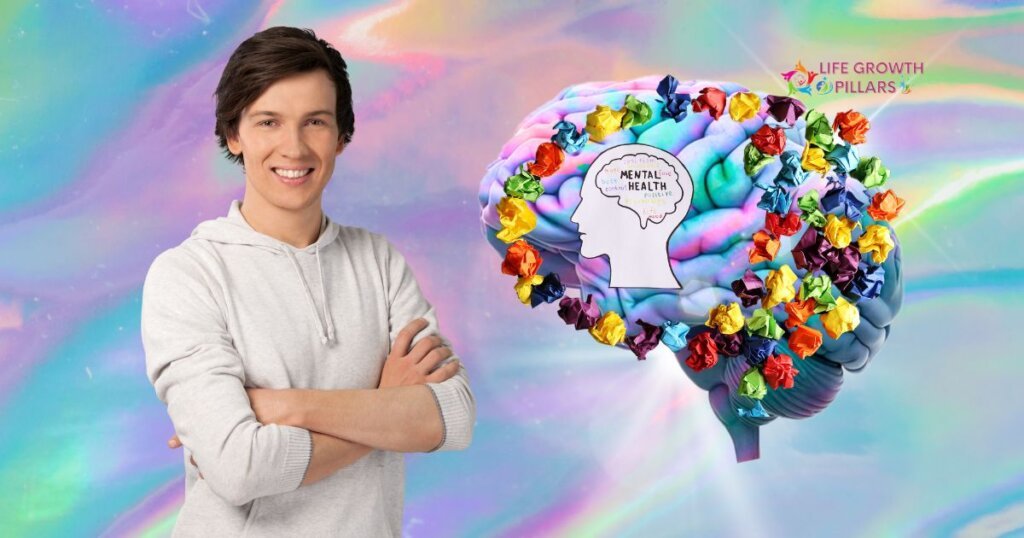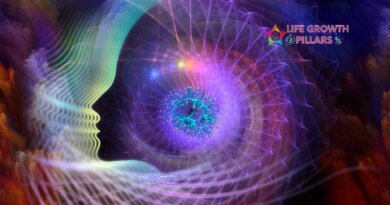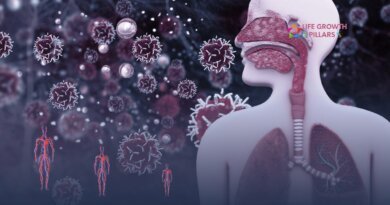Gratitude Effect On Mental Health | Unlocking Inner Joy
In the hustle and bustle of our daily lives, it’s easy to get caught up in the chaos and forget to appreciate the small things. However, the power of gratitude goes beyond mere politeness; it has a profound impact on our mental health, unlocking a hidden reservoir of inner joy. Let’s delve into the gratitude effect on mental health and discover how cultivating thankfulness can be a game-changer in fostering well-being.

Gratitude Effect On Mental Health
The Gratitude effect on mental health is a profound phenomenon that transcends mere appreciation; it’s a transformative force that shapes our mental landscape. Engaging in a regular practice of gratitude has been scientifically proven to release neurotransmitters, fostering feelings of joy and contentment. This positive mindset acts as a potent antidote to stress, promoting mental resilience and paving the way for a more fulfilling and balanced emotional well-being. As we explore the intricate connection between gratitude and mental health, we unravel the key to unlocking inner joy and embracing a more positive outlook on life..
Understanding The Essence Of Gratitude
Gratitude isn’t just a fleeting emotion, it’s a mindset that shapes our perspective on life. It involves acknowledging and appreciating the positive aspects, experiences, and people around us. This conscious awareness can significantly influence our mental well-being.
The Science Behind Gratitude
Research has shown that practicing gratitude can have tangible effects on the brain. When we express gratitude, the brain releases dopamine and serotonin, neurotransmitters responsible for feelings of happiness and contentment. This chemical reaction creates a positive feedback loop, making us more inclined to focus on the good things in life.
Gratitude And Stress Reduction
In the fast-paced world we live in, stress has become a ubiquitous companion. However, the gratitude effect on mental health acts as a powerful stress buster. By shifting our focus from what’s going wrong to what’s going right, we can reduce cortisol levels, the hormone associated with stress, leading to a calmer and more composed state of mind.
Cultivating Gratitude In Daily Life
Incorporating gratitude into our daily routine doesn’t have to be a complex task. Simple practices like maintaining a gratitude journal, where you jot down things you are thankful for each day, can make a significant difference. Additionally, taking a moment each morning to reflect on positive aspects can set a positive tone for the entire day.
Gratitude And Mental Resilience
Life is unpredictable, and challenges are inevitable. However, individuals with a gratitude mindset tend to exhibit higher levels of mental resilience. Gratitude effect on mental health help to navigate through adversity with a more optimistic outlook, bouncing back from setbacks more effectively than those who lack a gratitude-oriented approach.
The Ripple Effect Of Gratitude
Gratitude is contagious. When we express appreciation, it not only uplifts our own spirits but also has a ripple effect on those around us. Creating a culture of gratitude in our immediate environment fosters a positive community, contributing to everyone’s mental well-being.

Gratitude And Relationships
Our connections with others play a crucial role in our mental wellness. Expressing gratitude towards friends, family, and colleagues strengthens these bonds and contributes to a more positive social atmosphere.
Gratitude As A Relationship Enhancer
In romantic relationships, expressing gratitude can act as a powerful tool to enhance intimacy. Acknowledging and appreciating your partner’s positive qualities fosters a deeper connection, creating a more fulfilling and harmonious relationship.
The Role Of Gratitude In Overcoming Negativity Bias
Humans are wired to pay more attention to negative experiences than positive ones, a phenomenon known as negativity bias. Gratitude acts as a counterbalance, helping us shift our focus towards the positive aspects of life.
Breaking Free From Negativity
By consciously practicing gratitude, we can rewire our brains to break free from the shackles of negativity bias. This shift in perspective allows us to savor positive experiences and approach challenges with a more constructive mindset.
Incorporating Gratitude In Mental Health Practices
Therapists and mental health professionals are increasingly incorporating gratitude into their treatment plans. Gratitude interventions, such as gratitude-focused therapy, have shown promising results in alleviating symptoms of depression and anxiety.
Dopamine Boost
Expressing gratitude triggers the release of dopamine, commonly known as the “feel-good” neurotransmitter. This chemical messenger plays a crucial role in mood regulation and can contribute to an overall sense of well-being.
Stress Reduction
Gratitude has been linked to lower levels of cortisol, the stress hormone. By focusing on what we are thankful for, we can mitigate the harmful effects of chronic stress on our mental health. Studies have shown that gratitude can have a positive impact on mental health by reducing symptoms of depression and anxiety. When we focus on what we are grateful for, we shift our focus away from negative thoughts and feelings, which can be therapeutic in nature. Additionally, gratitude effect on mental health can increase feelings of happiness and satisfaction with life, leading to improved mental well-being.
Improved Sleep
Practicing gratitude before bedtime has been associated with better sleep quality. A good night’s sleep is essential for maintaining mental clarity and emotional resilience. Research has also shown that gratitude can improve the quality of sleep. When we reflect on what we are grateful for before bed, we can release negative thoughts and emotions and sleep more peacefully. Additionally, gratitude effect on mental health can help reduce stress levels, which can also contribute to improved sleep quality.
DIY Gratitude Practices
For those navigating their mental health journey, incorporating gratitude into daily practices can be a valuable self-help tool. From mindfulness exercises to gratitude meditation, individuals can explore various techniques to find what resonates best with them.
Conclusion
The gratitude effect on mental health is a powerful force that can unlock inner joy and transform our overall well-being. By embracing gratitude as a way of life, we not only positively impact our mental health but also contribute to a more compassionate and harmonious society. So, let’s take a moment each day to reflect on the things we are grateful for and embark on a journey towards a happier and more fulfilling life.

Frequently Asked Questions
Q1. How does practicing gratitude impact mental health?
A. Engaging in gratitude practices triggers the release of neurotransmitters like dopamine and serotonin, promoting feelings of happiness and overall well-being.
Q2. Can gratitude really reduce stress levels?
A. Yes, expressing gratitude has been linked to a reduction in cortisol levels, the stress hormone, providing a natural and effective way to manage stress.
Q3. What are some simple ways to incorporate gratitude into daily life?
A. Maintaining a gratitude journal, reflecting on positive aspects each morning, and expressing appreciation towards others are simple yet powerful ways to cultivate a gratitude mindset.
Q4. How does gratitude contribute to mental resilience?
A. Gratitude fosters a more optimistic outlook, enhancing mental resilience and empowering individuals to navigate through life’s challenges with greater ease.
Q5. Is the Gratitude Effect applicable to relationships?
A. Expressing gratitude strengthens interpersonal bonds, creating a positive social environment and enhancing the quality of relationships, both romantic and platonic.
Q6. Can gratitude practices be beneficial for mental health on an individual level?
A. Yes, therapists often incorporate gratitude interventions into treatment plans, and individuals can explore various do-it-yourself gratitude practices as valuable tools for improving mental health.
Final Thoughts
In a world where the pace of life can be overwhelming, the gratitude effect on mental health emerges as a beacon of hope. By unlocking the power of gratitude, individuals can experience a profound shift in their mental landscape, fostering joy, resilience, and a more positive outlook on life. The journey towards inner joy begins with a conscious choice to embrace gratitude as a way of life, not only for personal well-being but also as a ripple effect that contributes to a more compassionate and harmonious society. As we navigate the intricate connection between gratitude and mental health, let’s remember that the key to unlocking inner joy lies within the simple yet transformative practice of being grateful.



